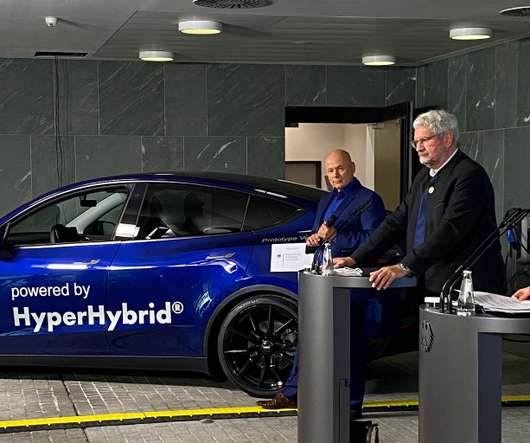Tesla Model Y converted into green hydrogen car to show “Hyper Hybrid” innovations
Teslarati
SEPTEMBER 24, 2021
But while the idea to produce a climate-friendly car is admirable, the vehicle Germany used for the project was quite questionable. Karliczek, for his part, noted in a press release that such a project is incredibly important since “green hydrogen” is a valuable building block for climate protection. .



















Let's personalize your content